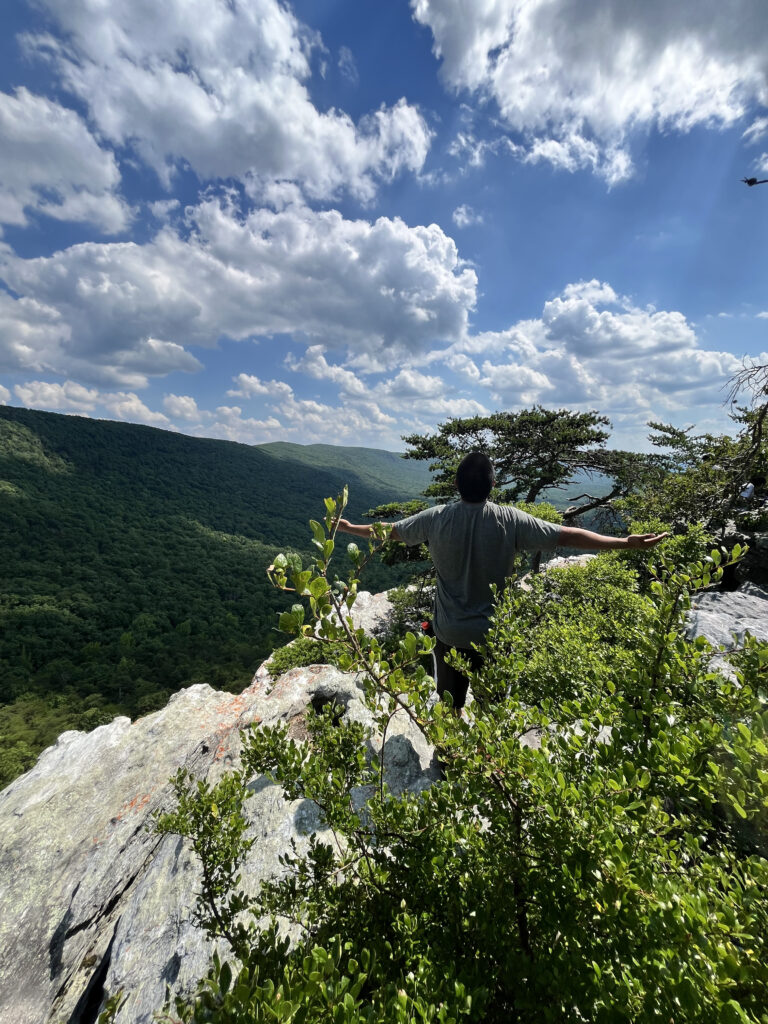Insights from a BCM Regional Program Manager
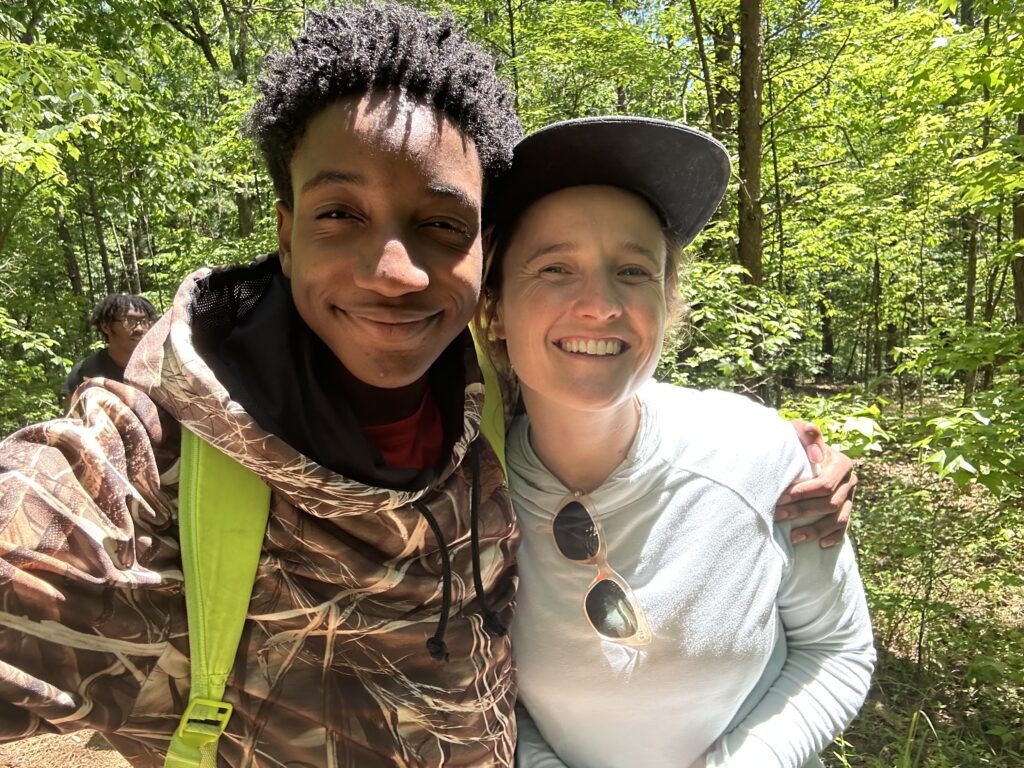
Big City Mountaineers is a national organization that offers its specialized model of outdoor programming in a handful of metropolitan areas across the country. Our newest program region is based out of Birmingham, Alabama.
We recently caught up with BCM’s Birmingham Regional Program Manager (RPM), Margaret Cartner, for her perspective on the uniqueness of outdoor programs in the Southeastern part of the country, the power of connecting youth with nature, and the importance of community support in this line of work.
Tell us about the region of the country where you manage BCM programs. What makes it special and why are BCM programs an important contribution in your community?
I manage the BCM program in Birmingham, Alabama, in the heart of the Southeast. Most people don’t realize that our region is actually a subtropical rainforest or consider it a destination for ecotourism. But Alabama, known as the River State, has over 77,000 miles of rivers, along with four national forests, 21 state parks, and three designated wilderness areas. We’re also home to Little River Canyon, the largest canyon east of the Mississippi. With all this natural beauty, Alabama has long been a draw for paddlers, climbers, and hikers.
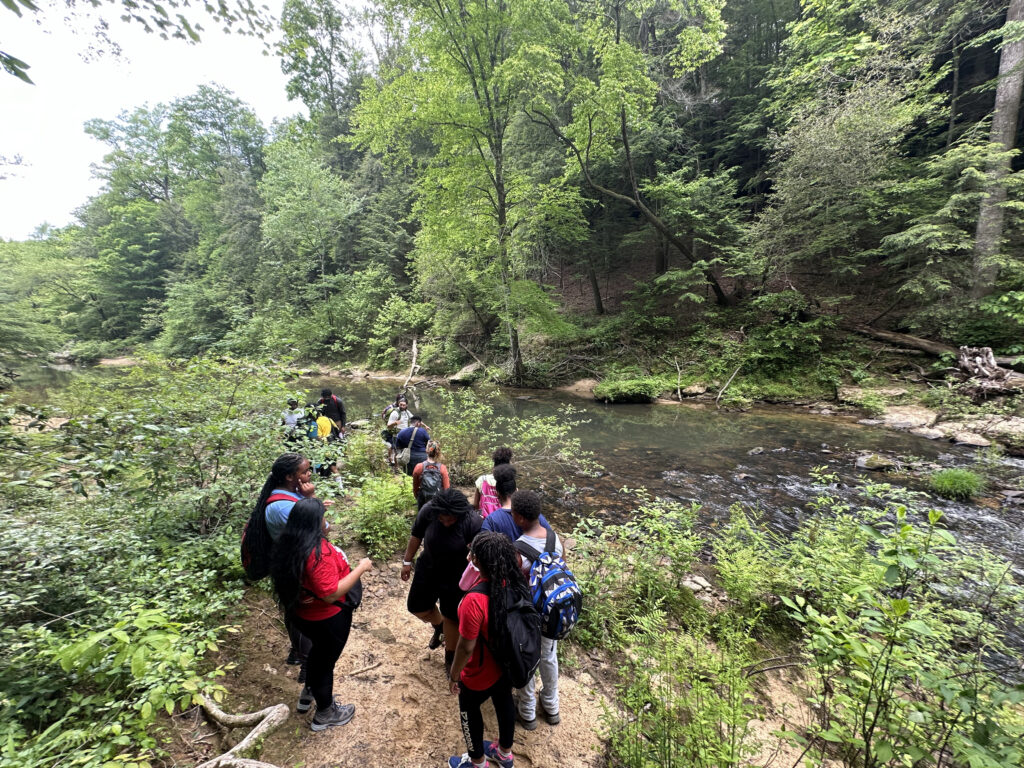
Despite these incredible outdoor spaces, access isn’t always easy—especially for people in urban areas. Barriers like transportation, lack of gear, and not having a welcoming outdoor community with shared identities can make it difficult for many to experience these places. On top of that, the deep history of “sundown towns” in the region means that many people of color don’t always feel safe venturing into rural areas.
That’s where BCM comes in. We create opportunities for young people to explore the outdoors in a safe and supportive way, connecting them with experienced guides and companions who help them feel more at home in these spaces. By introducing youth to natural areas close to Birmingham, we hope they’ll feel confident returning on their own or with their families, building a lifelong connection to the outdoors.
What inspired you to work at the intersection of youth, outdoors, and equity? What motivates you in your role at BCM?
I have worked with many outdoor or experiential education companies that serve only youth from high-income families. I have personally witnessed the transformations young people undergo when given the freedom to learn through the action, connection, and freedom that outdoor recreation offers.
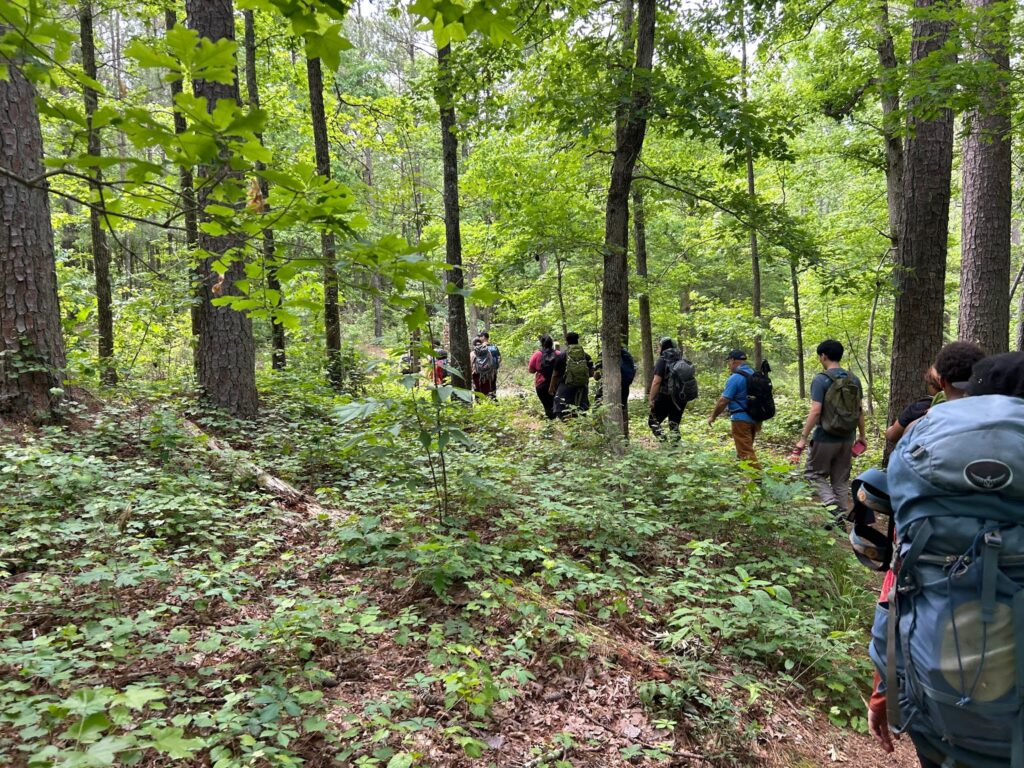
I have also worked in many Title I schools where resources are limited and youth have less freedom and flexibility in their educational journey. I quickly decided that I wanted to figure out how to bring opportunities for experiential education to youth who would otherwise be limited to more traditional education experiences. It was with this idea in mind that I started an outdoor club in a Birmingham City School to create a space where youth could connect with themselves, nature, and their peers through genuine interaction outside of the classroom and without the distraction of social media and technology.
Big City Mountaineers has provided me with a larger platform to do this work for more youth in my community. The growth and self-acceptance I see in students as they practice being with themselves in outdoor spaces, without the constraints of social constructs, fuels my work. Youth gain confidence, creativity and develop their unique voice through experiences with peers in the outdoors that I have not seen in my traditional classroom setting. I hope for our program participants to experience the outdoors as a refuge from daily life, where they can reset and reconnect with themselves when life inevitably becomes complicated and challenging.
The youth we work with feel more prepared to take on challenges in their day to day life after overcoming the discomfort they feel when they first spend the night outside. They learn to relax even in the presence of mosquitoes and make new friends without the escapism that social media and technology offer.
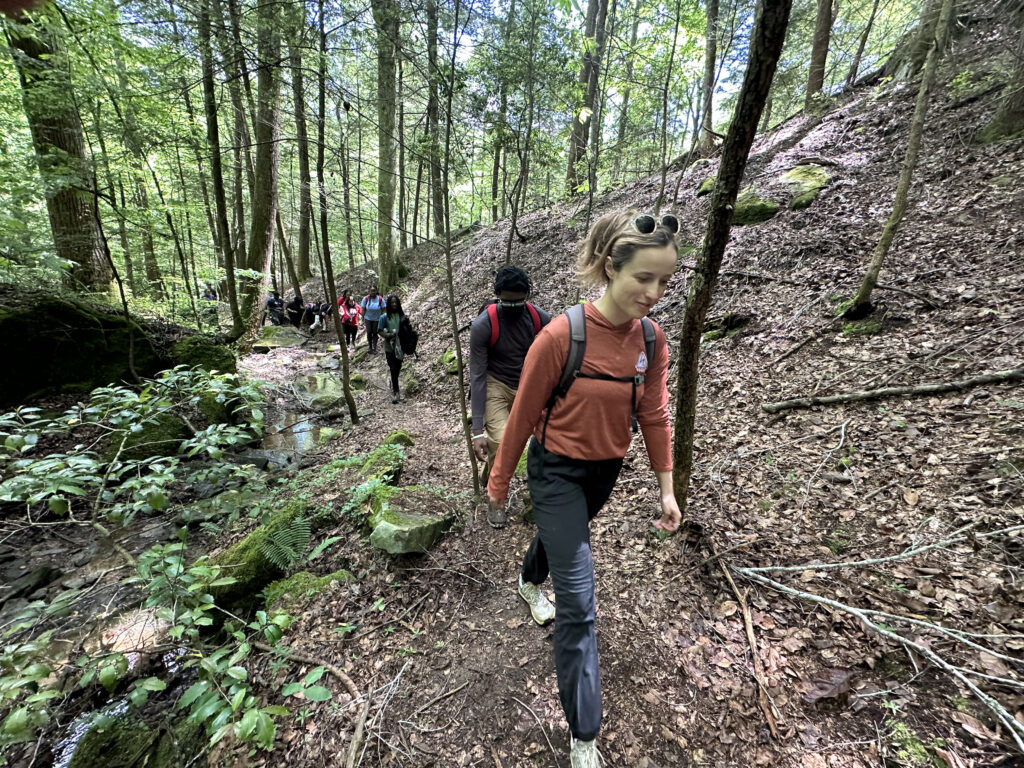
What are YAPs and how do they fit into, and enhance, BCM’s program model?
Youth Agency Partners (YAPs) are organizations dedicated to supporting young people in their communities through year-round programs tailored to their unique missions. They serve as a crucial bridge between the transformative experiences offered by Big City Mountaineers (BCM) and the everyday lives of the youth upon their return home post-trip. Their deep understanding of the young people they serve enhances BCM instructors’ ability to connect with and support participants as they navigate unfamiliar environments.
By providing essential context about each young person’s background and growth trajectory, YAPs empower both youth and program leaders in their development journeys. Additionally, they play a key role in understanding the needs and aspirations of families, ensuring that BCM’s programming aligns with what parents and guardians seek for their children—whether it’s time for rejuvenation, leadership development, peer connection, or learning to navigate discomfort. Through ongoing communication with families, YAPs help BCM deliver meaningful and impactful experiences to the communities they serve.
What messages or ideas do you share with young people and their families who are considering participating on a BCM trip?
I share that the outdoors provide a unique opportunity for self-discovery. Disconnecting from daily influences—peers, media, and societal norms—allows you to explore your natural curiosities, make independent decisions, find joy, and express yourself authentically.
Outdoor recreation challenges us in ways that reveal how we respond to stress in a controlled environment. By facing these challenges, we learn how to care for ourselves and make intentional decisions rather than reacting impulsively when real-life stressors arise. Time in nature also allows our nervous system to reset, providing space to slow down, be playful, raise our voices, or experience silence—all on our own terms.
In the outdoors, youth—who are often expected to follow rules without question—gain the freedom to set their own guidelines, outside of necessary risk management. They learn firsthand how their actions lead to specific outcomes, not because an authority figure dictates it, but because nature itself provides the lessons.
Ultimately, the outdoors offer a space for challenge, self-exploration, and authentic expression in a way that is increasingly rare. By fostering a relationship with nature, we cultivate a safe and reciprocal connection that supports us through every season of life.
